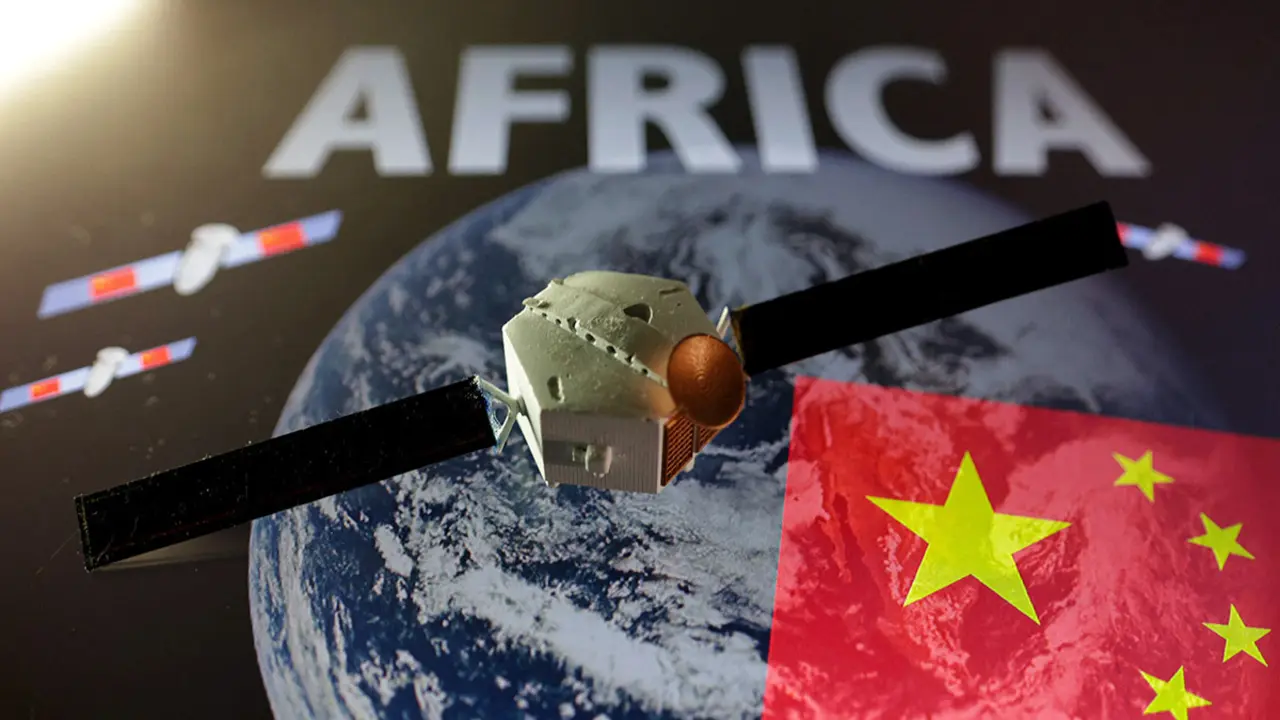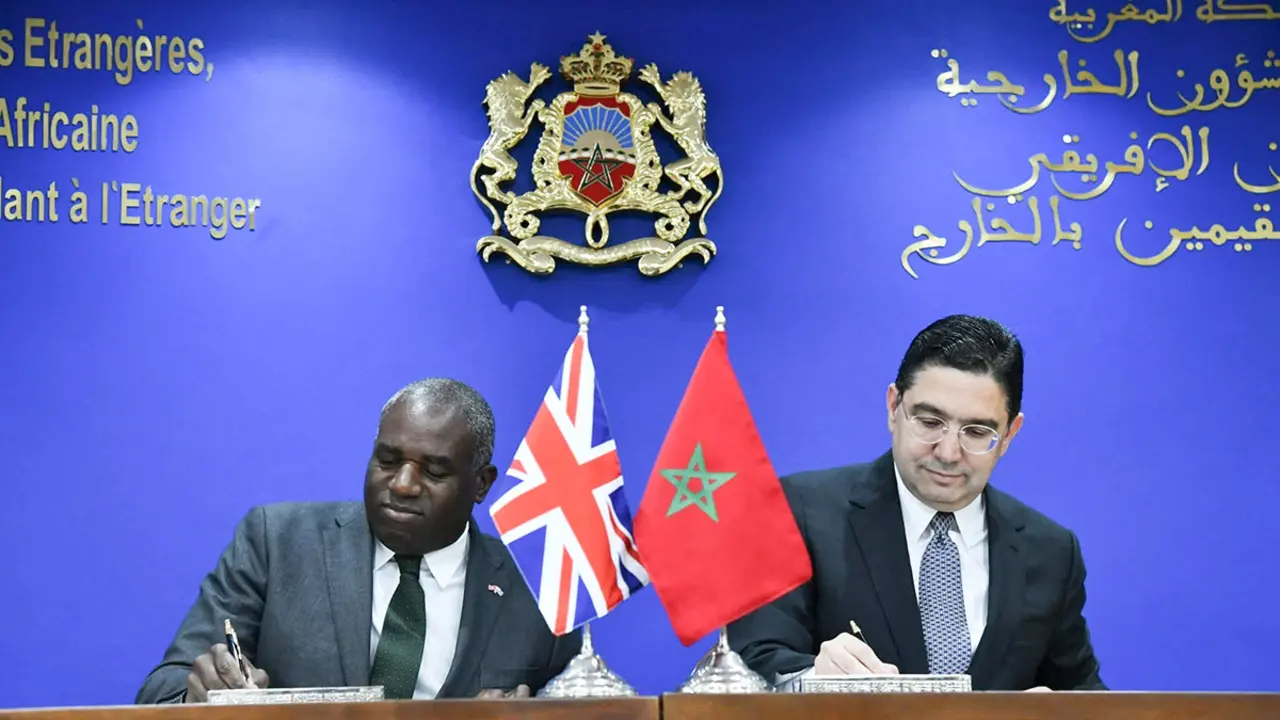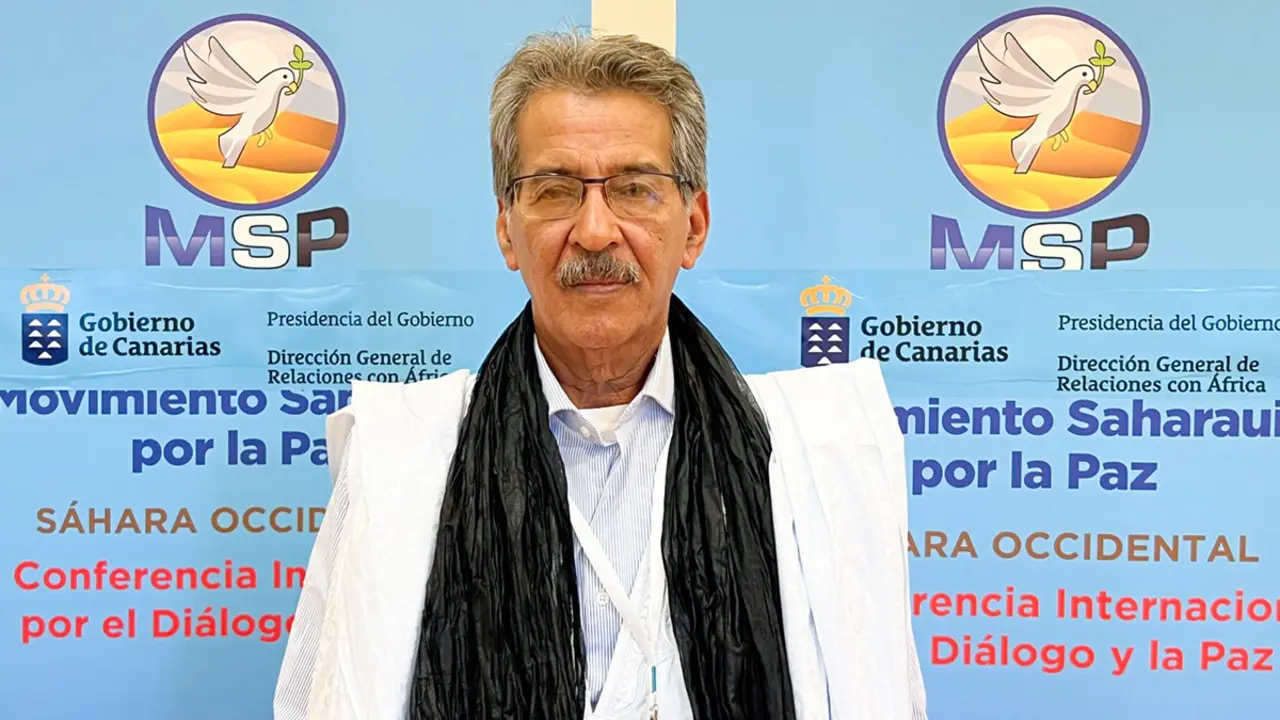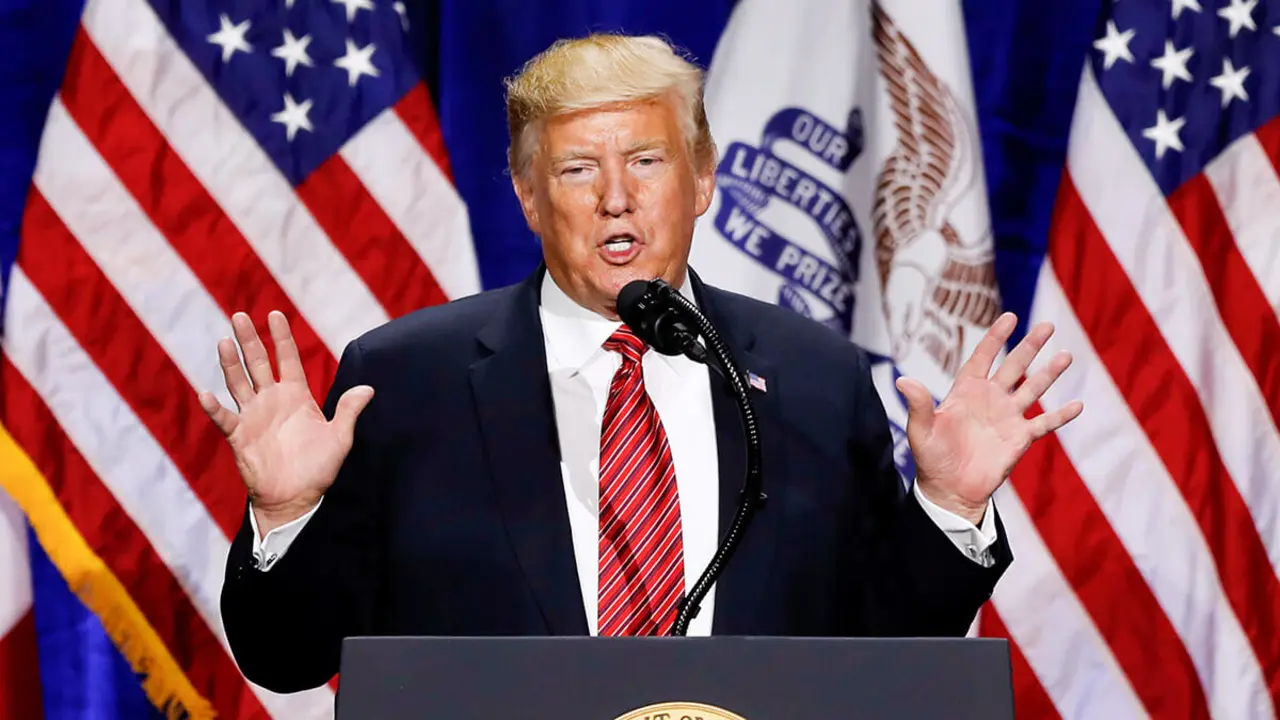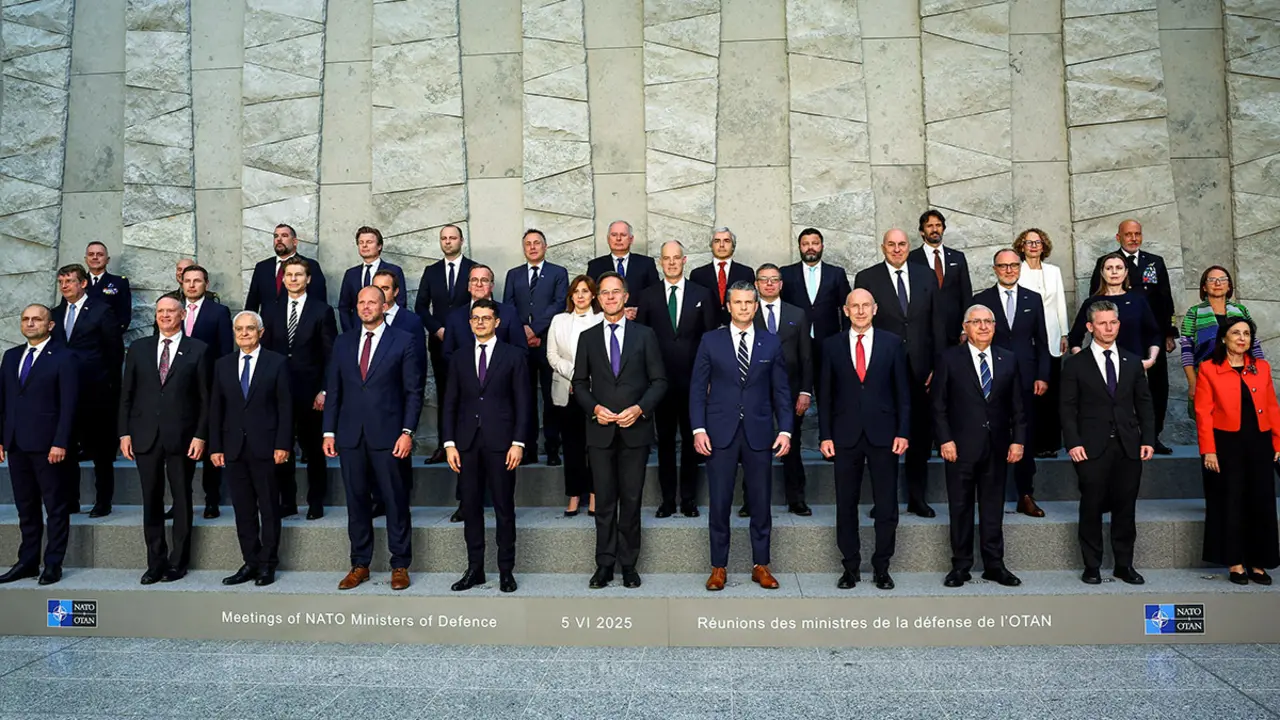Energy crisis: the urgency of geopolitical Europe

Europe is moving forward at a crisis pace. The coronavirus pandemic demonstrated this, and the Russian invasion of Ukraine has once again put the cards on the table. The EU-27 already have a common response, sanctions against Russia, but the resulting problems, such as inflation or the energy crisis, are unleashing new challenges for the Community while it hopes to achieve the longed-for strategic autonomy.
It was with this in mind that the conference entitled Geopolitical Europe: the European Union as a global power, organised by Miguel Ángel Benedicto, president of the UCM's Ideas and Debate Association and professor of International Relations at the same university, began. This cycle of dialogue, held on the Toledo campus of the University of Castilla La Macha (UCLM), began with Benedicto's presentation and with Fátima Guadamillas, Academic Coordinator of the UCLM.
The rotating presidency of the European Commission is knocking on Spain's door. On 19 September, the Spanish Minister of Foreign Affairs, José Manuel Albares, presented the Spanish ambassadors to the European Union. María Lledó, Secretary General for the European Union, spoke of a presidency that could offer many advantages for Spain. "This is the fifth time that we have taken on the leadership, and it is a historic opportunity", said Lledó, alluding to the innovations that Spain intends to offer.
The main motivation of the presidency will be to encourage involvement within the European Community, both as citizens and in the Autonomous Communities, the Congress and the Senate. "The history of European integration is the history of citizen integration", added Lledó, even though society is already "convincedly pro-European, because we are all aware of the benefits of the European Union".

However, the presidency also points to other burning geopolitical issues, such as energy reform, renewable energies and the diversification of hydrocarbon suppliers, especially after the notorious dependence on Russian gas. This diversification is also expected to be economic, with the search for new markets such as those in Latin America. "The heads of state have not met since 2015. In 2023, with our presidency, we will try to meet with Mexico and Chile, with Mercosur", said the Secretary General for the European Union.
For the time being, the whole initiative begins with the planned annual meeting of Foreign Ministers, which will be hosted by Toledo itself. This is something that the Mayoress of Toledo, Milagros Tolón, herself boasted about. "Cities are also geopolitics", she said, citing as an example the humanitarian aid offered to Ukraine, channelled through all the city councils of Spain. "Tolerance is an indispensable element between peoples", she added.
However, for the Deputy Director of the European Commission in Spain, Lucas González, geopolitics in Europe is urgent: "We are talking about a foreign policy of coordination. We have to create a European Union with solid pillars in order to try to create geopolitics: what we want to do, and then how we have to relate to the outside world". "Geopolitical Europe and strategic autonomy are totally related", he added.
Russia's invasion of Ukraine has revealed the continent's dependence on the Russian giant. The European Commission's deputy director in Spain pointed out that the continent must "either redirect itself towards energy autonomy or look for reliable partners, such as Latin America or the Maghreb".
An opinion also shared by Cristina Manzano, Director of Es Global, who gave the example of European dependence even in the coronavirus pandemic: "When Europe does not produce a single gram of paracetamol, we realise that we have a huge problem".
In a dialogue between these last two speakers, the first part of the conference concluded with the need to improve European geopolitics, without neglecting the progress made. "We Spaniards do not depend on Russian gas, but countries like the Czech Republic do. We are 27 Member States, and each one has its own vision. Even so, agreements come and regulations go out".

